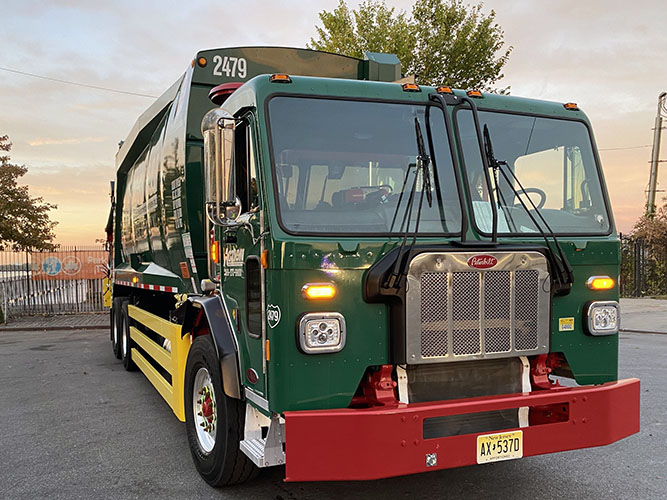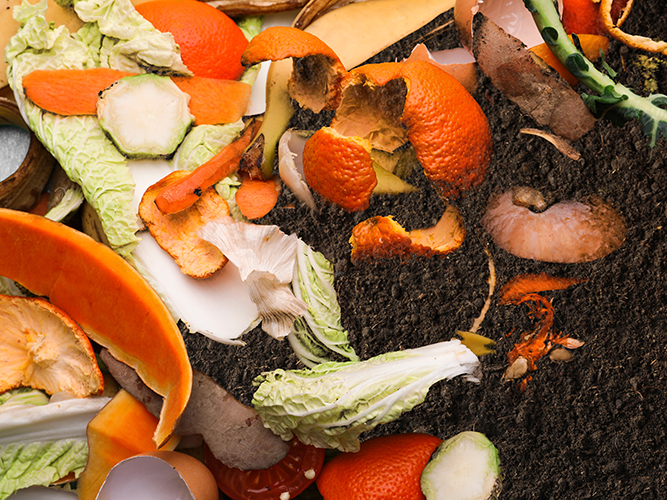Commercial Organics Recycling
Our comprehensive organics recycling program serves a diverse range of establishments, including grocery stores, restaurants, stadiums, educational institutions, hospitals, and entertainment venues. Throughout Manhattan, Brooklyn, the Bronx, Queens, and Staten Island, this service plays a crucial role in helping these organizations achieve their sustainability objectives while ensuring compliance with relevant regulations.


Do New York City’s Commercial Organics Requirements apply to my business?
Certain New York City businesses are required under Local Law 146 of 2013 to separate their organic waste (food scraps, food-soiled paper, and plant waste). If your business meets the minimum requirements outlined below, you must comply with the NYC Commercial Organics Rules.
Establishments covered by Commercial Organics Rules:
Food Service Establishments
(Restaurants, delis, coffee shops, cafeterias, etc.)
-
- Food Service Establishments with over 7,000 square feet
- Chain Food Service Establishments with 2 or more NYC locations with combined floor area 8,000 square feet or more
- Food Service Establishments in Hotels with more than 100 guest rooms
- Food Service Establishments with combined floor area 8,000 square feet or more in the same building or location
Retail Food Stores
(Supermarkets and grocery stores)
-
- Retail Food Stores having over 10,000 square feet
- Chain Retail Food Stores with 3 or more NYC locations with combined floor area 10,000 square feet or more
Food Preparation Locations
-
- Having 6,000 square feet or more
Catering Establishments
-
- Hosting on-site events to be attended by more than 100 people
Temporary Public Events
-
- To be attended by more than 500 people
Arenas and Stadiums
-
- With a seating capacity of 15,000 people or more
Food Manufacturers
-
- With a floor area of 25,000 square feet or more
Food Wholesalers
-
- With a floor area of 20,000 square feet or more
Our team is always ready to assist you. Don’t hesitate to contact us with any questions about finding the right solution for your needs.
Did You Know?
Per the FDA and EPA, food waste accounts for approximately 22% of all municipal solid waste in the United States.
40% of food waste comes from restaurants, retail stores, and other consumer-facing businesses.
Of the greenhouse gas emissions attributed to food waste, more than 85% occur prior to disposal– during production, transport, processing, and distribution.
Why Action
Safety, Environmental Health & Sustainability
Our families have been in the waste business for generations, and as our customers’ needs evolve over the years, so do we as a company. By investing in innovation and technology we are able to serve our customers more efficiently and effectively while reducing the impact on the environment. Maintaining compliance with the ever-changing regulatory requirements and safety best practices is a responsibility we proudly accept. We are committed to doing the right thing for our customers, employees and the environment.
